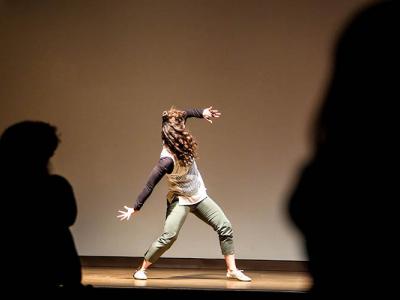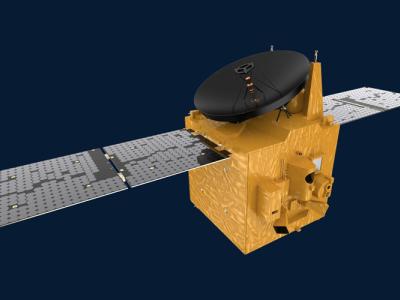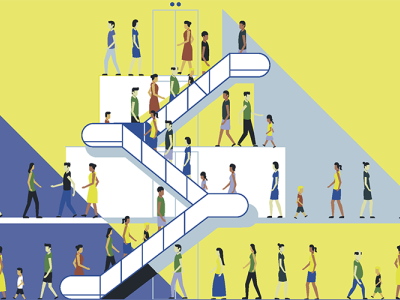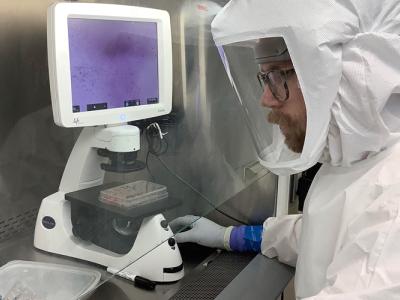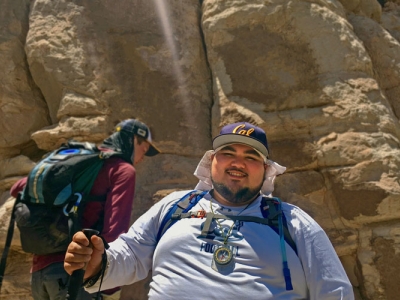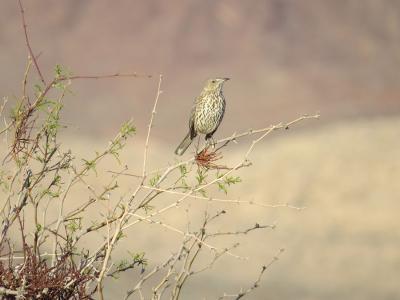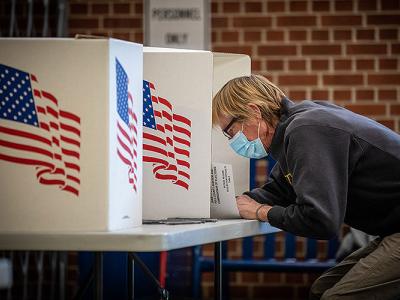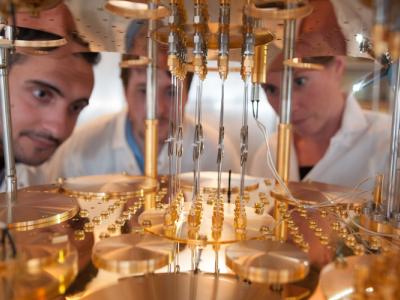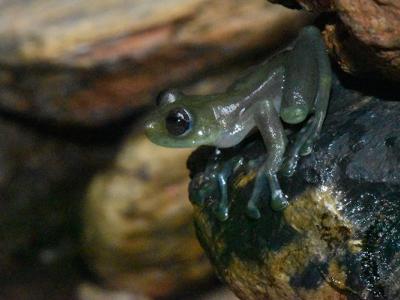The threat of landslides is again in the news as torrential winter storms in California threaten to undermine fire-scarred hillsides and bring deadly debris flows crashing into homes and inundating roads.
Research News
Learn more about UC Berkeley's researchers and innovators.
Showing 1089 - 1104 of 3459 Results
For more than a century, cosmologists have noted mysterious anomalies in the swirls of stars and galaxies in our universe: The motions of these celestial objects, which should be governed solely by the gravity of the other objects around them, instead seem to be dictated by the gravitational pull of matter that simply isn’t there — or, at least, cannot yet be observed.
UC Berkeley announced a $10 million endowment gift from the Helen Diller Foundation that will ensure a lasting legacy for its Institute for Jewish Law and Israel Studies. In recognition of this gift, the institute will now be known as the Helen Diller Institute for Jewish Law and Israel Studies at UC Berkeley.
A massive field experiment by Berkeley Haas Prof. Steven Tadelis with the online ticket marketplace StubHub concluded that so-called “drip pricing”—whereby additional fees are only disclosed when customers are ready to confirm their purchases—resulted in people spending about 21% more. It’s a particularly effective strategy for online sales, which in the past two years has overtaken brick-and-mortar shopping.
The Emirates Mars Mission, the first interplanetary exploration undertaken by an Arab nation, is scheduled to reach Mars’ orbit this Tuesday, Feb. 9, 2021, at 7:41 a.m. PST. The Space Sciences Laboratory (SSL) at the University of California, Berkeley, is a partner in the collaboration, having contributed science team members, mission systems engineering support, and the detector and associated electronics for one of the three scientific instruments on board: the Emirates Mars Ultraviolet Spectrograph (EMUS).
With a new fiscal year approaching, local governments around the country will begin having discussions and debates about how to allocate their budgets. For counties and municipalities seeking to achieve equity for their residents, questions about what programs to cut or fund cannot be answered thoroughly without identifying the real racial disparities present within their communities. A new study by the Othering and Belonging Institute looks at one county's embrace of the Institute's Targeted Universalism to approach their policies.
The onset of the COVID-19 pandemic last year led to a devastating loss of jobs and income across the global south, threatening hundreds of millions of people with hunger and lost savings and raising an array of risks for children, according to new research co-authored at the University of California, Berkeley.
Since the coronavirus pandemic began, only one antiviral drug, remdesivir, has been approved in the United States for treatment of COVID-19, but it barely works and is toxic to the liver. Researchers at UC Berkeley have found 20 compounds that, in combination with remdesivir, are much better than remdesivir alone in protecting human lung cells from SARS-CoV-2, the virus that causes COVID-19.
A more transmissible variant of the coronavirus, first detected in the United Kingdom, has shown up in two UC Berkeley students, as the state announced at least 133 new cases of the variant statewide. The appearance of the new variant, which appears to be about 50% more infectious than earlier variants, reinforces the need to take very seriously public health precautions to prevent spread: wear a mask when around other people, keep at least six feet apart and wash your hands frequently.
Kent Lightfoot trained in archaeology when backhoes and front-end loaders tore through Native American sites. At the time, it didn’t occur to him that the land could actually feel pain — not until Kashaya Pomo tribal elders at Northern California’s Fort Ross Historic State Park set him straight.
In the arid Mojave Desert, small burrowing mammals like the cactus mouse, the kangaroo rat and the white-tailed antelope squirrel are weathering the hotter, drier conditions triggered by climate change much better than their winged counterparts, finds a new study published today in Science.
Social media disinformation, climate change debates, foreign interference in elections — some of the defining themes of recent American politics seem only loosely connected. But underlying the headlines is a single, troubling theme: The nation’s political process is suffering a historic level of instability. A new initiative headed by Janet Napolitano will bring Berkeley faculty, researchers and students from across disciplines into the new Center for Security in Politics.
To support research that has the potential to forge new paths in the physical sciences, UC Berkeley launched the Heising-Simons Faculty Fellows program. Through a generous gift from the Heising-Simons Family Fund, early- and mid-career faculty members working in geology and geophysics, materials sciences and materials chemistry, astronomy and physics will have the opportunity to apply for five-year $1 million fellowships to pursue basic science research that could lead to paradigm-shifting discoveries.
Anyone who has tried and failed to meditate knows that our minds are rarely still. But where do they roam? New research led by UC Berkeley has come up with a way to track the flow of our internal thought processes and signal whether our minds are focused, fixated or wandering.
Randy Katz, a computer scientist and Wi-Fi pioneer who served as the University of California, Berkeley’s vice chancellor for research for three years, during which time he shepherded the campus through a year-long phased reopening after a pandemic shutdown, will step down on June 30.
Most frogs emit a characteristic croak to attract the attention of a potential mate. But a few frog species add to their calls by visually showing off with the flap of a hand, a wave of a foot or a bob of the head. Conservation ecologist Rebecca Brunner has discovered that the glass frog Sachatamia orejuela can be added to the list of species that make use of visual cues in response to their acoustic environments. This is the first time a member of the glass frog family (Centrolenidae) has been observed using visual communication in this manner.



